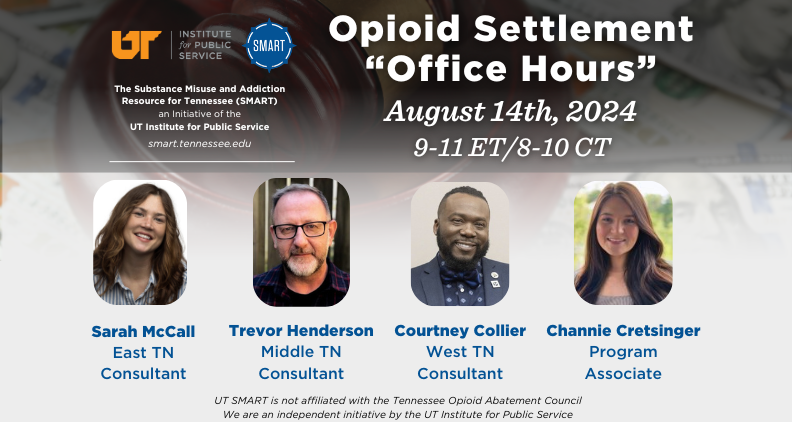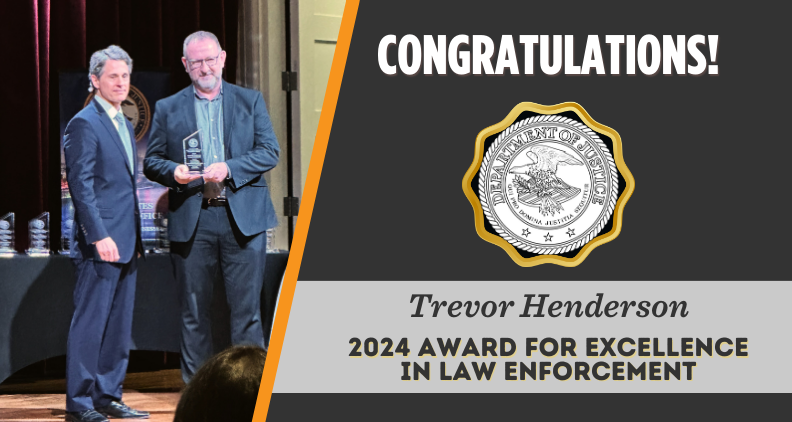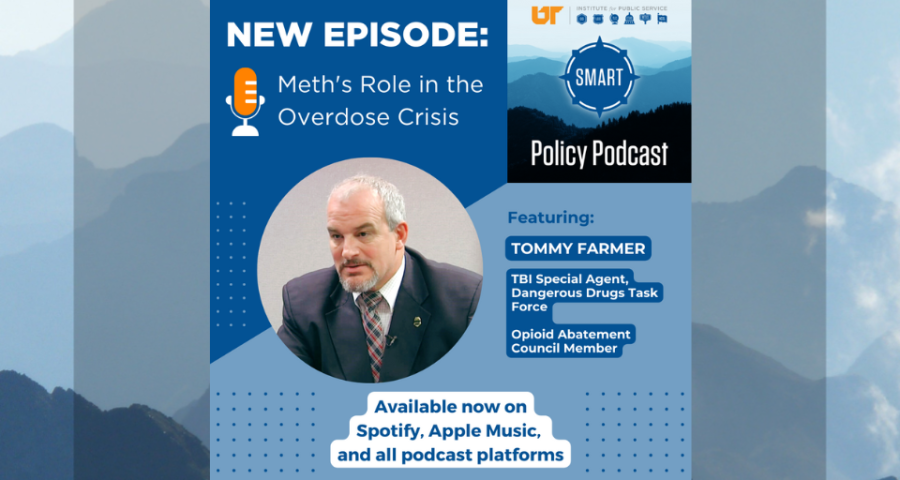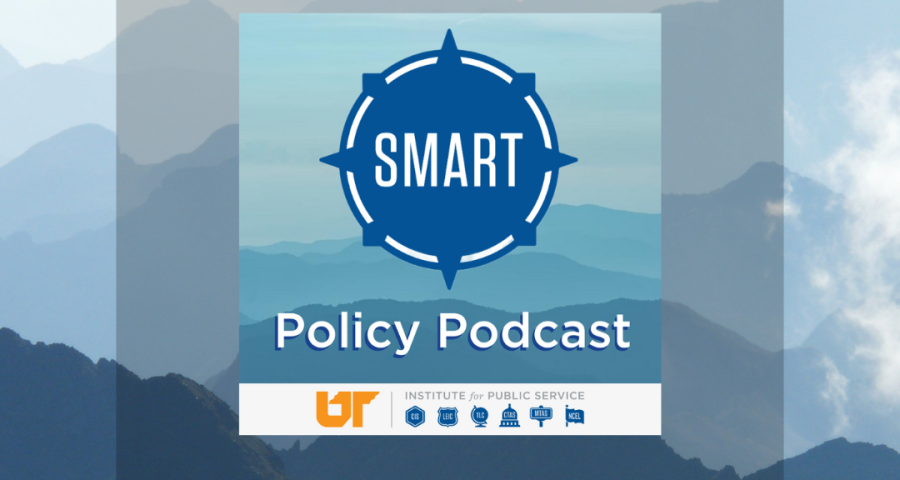UT SMART is proud to announce that we are part of teams that have been awarded two of the Type 1 UT Grand Challenges grants, which have been launched to foster partnerships that develop innovative solutions to some of the state’s most pressing issues: strengthening rural communities, overcoming addiction, and
UT SMART and Partners Awarded Grand Challenges Grants







